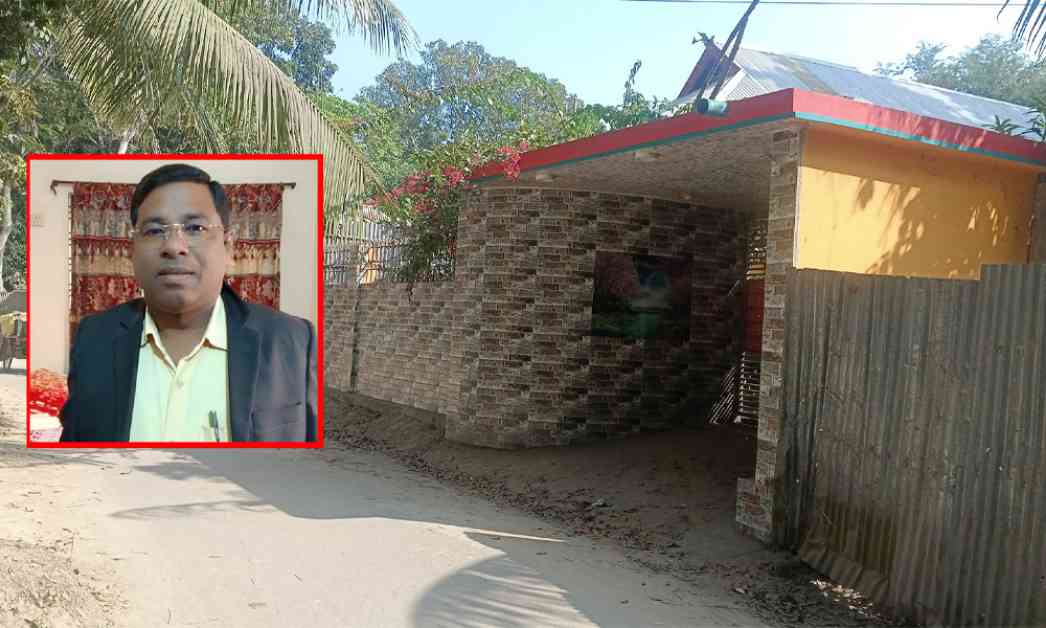Third Grade Employee of DC Office Amasses Illegal Assets in Bangladesh
In a shocking turn of events, Abu Hasem Sikdar, a third-grade employee at the DC office in Salta-Nagar Kanda, Faridpur, has been found to have accumulated illegal assets, including multiple apartments, plots, and vehicles. The revelation has sent shockwaves through the community and raised concerns about corruption within government institutions.
Investigation and Reactions
The news of Abu Hasem Sikdar’s illicit wealth came to light on January 12, 2025. The investigation into his assets is ongoing, with authorities working to uncover the extent of his illegal acquisitions. The case has sparked outrage among citizens, who are demanding swift and decisive action against those involved in corruption.
Call for Justice
Abu Hasem Sikdar’s case has reignited calls for accountability and transparency in government offices. Many are questioning how a third-grade employee could amass such wealth without raising suspicion earlier. The incident serves as a reminder of the importance of robust anti-corruption measures and vigilant oversight to prevent similar cases in the future.
Community Impact
The implications of Abu Hasem Sikdar’s actions extend beyond his individual case. They highlight the broader issue of corruption in Bangladesh and the need for systemic reforms to root out illicit practices. As the investigation unfolds, the community is left grappling with the consequences of corruption and the urgent need for accountability and integrity in public service.
As we reflect on this troubling news, it is crucial to remember that corruption affects us all, eroding trust in institutions and hindering progress and development. Let us use this case as a catalyst for change, demanding transparency, accountability, and ethical leadership from those in power. Together, we can work towards a more just and equitable society for all.
